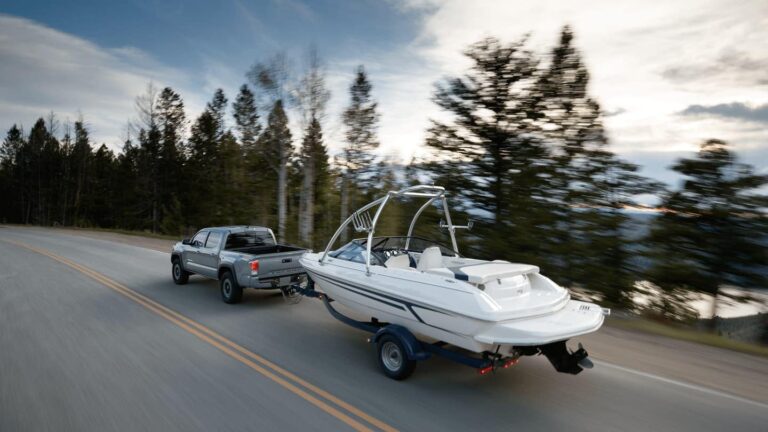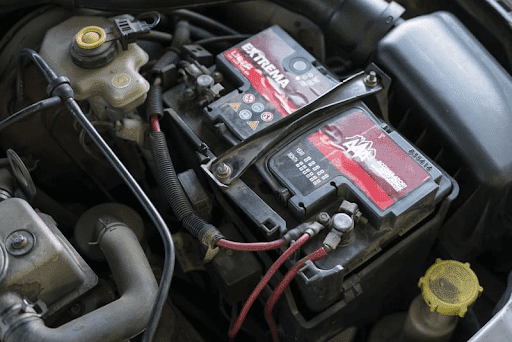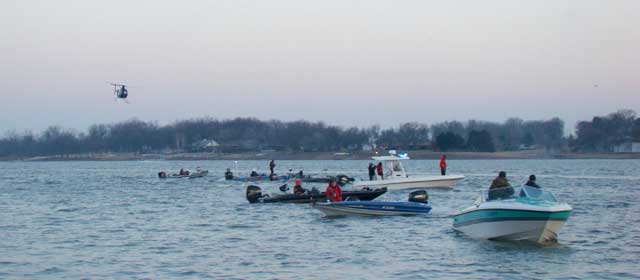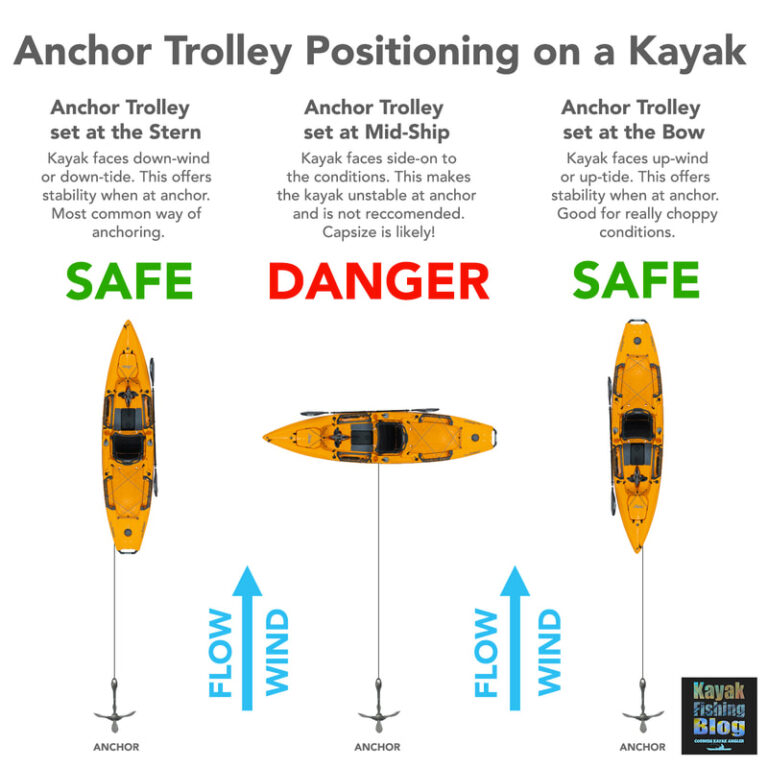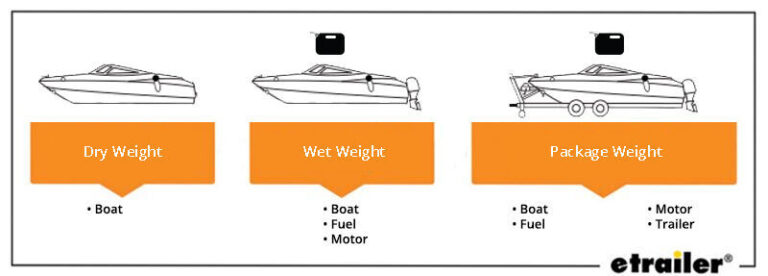What to Look for When Buying a Boat
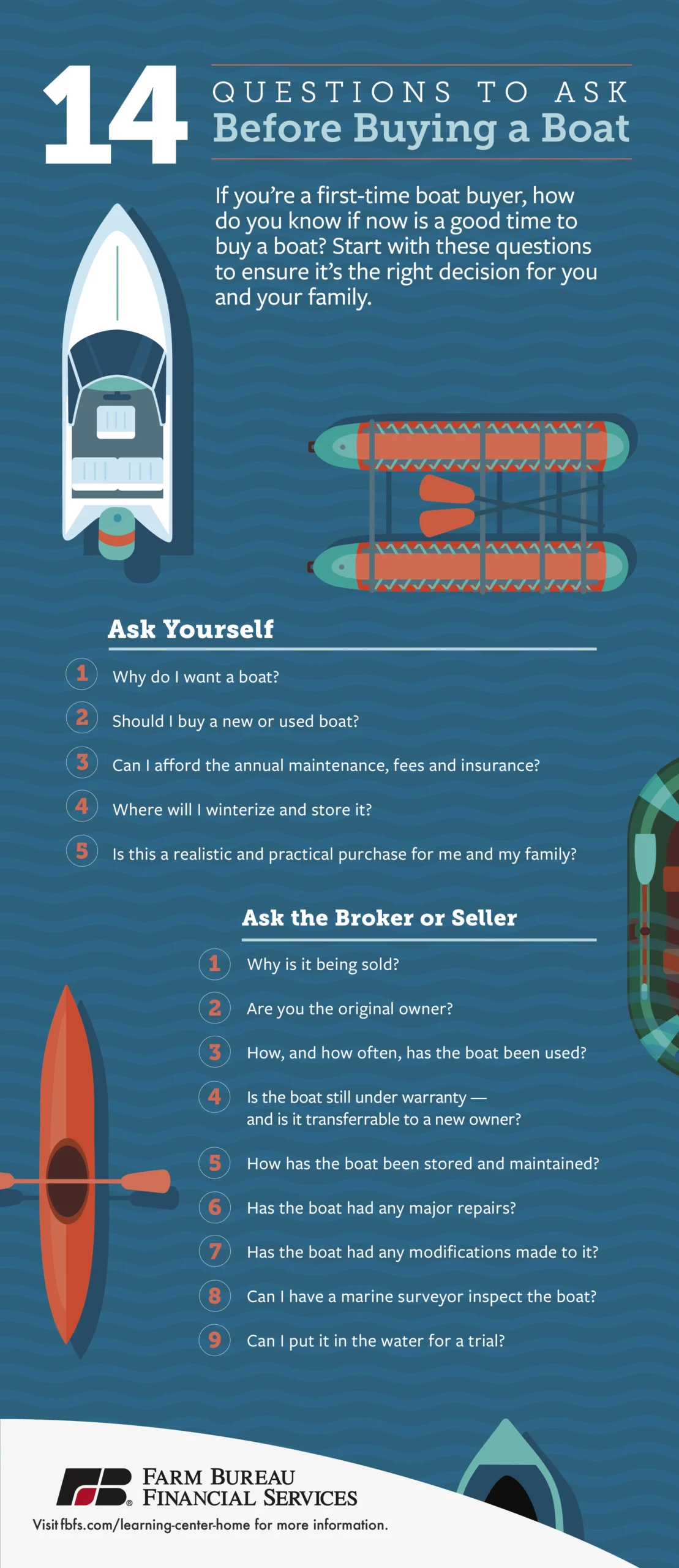
When buying a boat, consider its intended use and maintenance requirements. Examine the boat’s condition, including the hull, engine, and electronics.
Purchasing a boat is a significant investment, and the decision should be approached with thorough research and careful deliberation. Start by establishing what you’ll primarily use the boat for: fishing, recreation, cruising, or water sports? This will guide you towards the appropriate type and size.
Check the boat’s physical condition carefully; look for signs of damage or repair that could indicate past issues. Assess the engine’s performance and reliability, as this is often the heartbeat of your maritime experience. Don’t forget to review onboard electronics and safety equipment, making sure everything is up to date and functional. Evaluate the cost of upkeep since boats require regular maintenance, which can add up financially. Whether you’re a seasoned sailor or a first-time buyer, understanding these key factors will steer you toward the right choice for years of enjoyable boating.
Seaworthiness And Design
Buying a boat requires careful examination of the hull’s construction and materials. The hull is the boat’s foundation. Fiberglass, aluminum, and wood are common materials. Each has strengths and weaknesses. Key features include durability and maintenance needs. Select materials that match your usage and budget.
The boat’s design affects stability on the water. Look for a deep V-shaped hull for rough waters, offering better control. A flat-bottomed hull is good for calm waters. It provides more space but is less stable in waves. Careful evaluation of these points ensures a worthy investment.
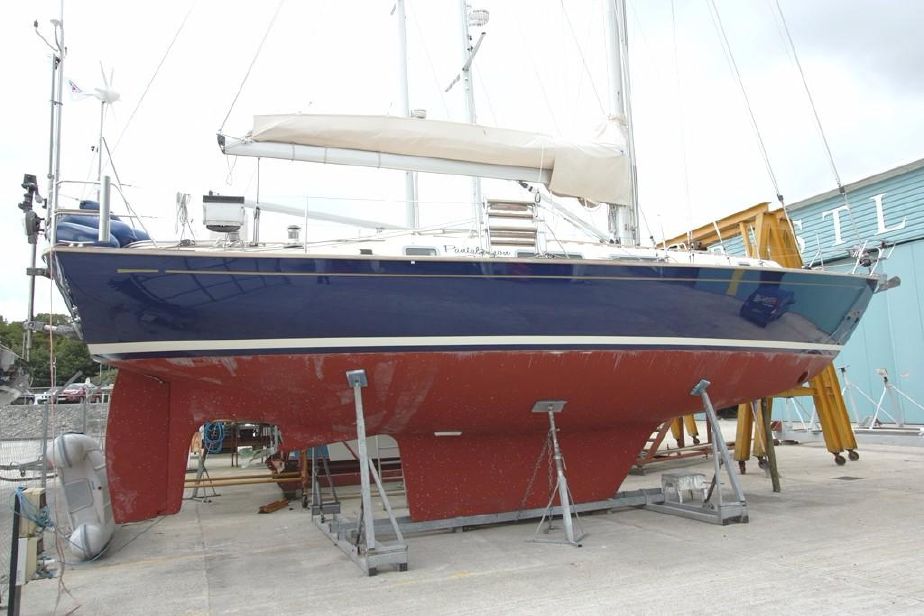
Credit: www.followingseas.media
Size And Type Of Boat
Determining the right boat size depends on its planned use. Small boats are great for calm waters like lakes and rivers, whereas larger boats suit open sea travels. Canoes and kayaks are perfect for peaceful solo outings.
Family-friendly deck boats offer space for recreation. Fishing enthusiasts prefer bass boats for their convenience. Sailboats require skill, but reward with eco-friendly sailing trips. Luxury seekers choose yachts for comfort and style.
- Sailboats: Wind-powered, challenging but rewarding.
- Fishing boats: Designed for anglers, with special features.
- Speedboats: For fast, thrilling water activities.
- Yachts: Lavish and roomy, for leisure cruises.
- Pontoons: Flat decks, ideal for group gatherings on water.
Engine And Propulsion
Deciding on the right engine for your boat is critical. Power requirements depend on the boat size and intended use. Bigger boats need more power to move smoothly on the water. The engine’s fuel efficiency matters for long trips and cost-saving. Most engines will list their fuel consumption for easy comparison.
Outboard engines are popular for small to medium boats. They are easy to maintain and replace. Many boaters like them for their simplicity. Inboard engines, on the other hand, are common in larger vessels. They offer better balance and more interior space. Consider your boating habits to choose the right one.
Comfort And Amenities
Investing in a boat means considering what comforts it offers. Quality seating and sleeping areas are crucial for relaxation. Look for ample cushioning and legroom.
A well-equipped galley and adequate bathroom facilities sustain longer trips. Climate control systems like air conditioning enhance onboard comfort.
- Entertainment options such as stereo systems
- Custom lighting solutions for ambiance
- Advanced navigation systems for smooth sailing
| Feature | Importance |
|---|---|
| Cabin Space | Must-have for comfort |
| Onboard Kitchen | Essential for dining |
| Entertainment | Key for enjoyment |
Select a boat with options to customize for a personal touch. Added features can increase value and joy on the water.
Brand Reputation And Reviews
Buying a boat demands thorough brand research. Evaluate the brand’s history of reliability and customer satisfaction. Visit online boating forums and consult experts to gauge opinions. Look for consistent themes in feedback, such as build quality, maintenance costs, and performance on water. Positive reviews across various platforms can indicate a trustworthy brand. Be wary of manufacturers with recurring negative commentary, especially regarding customer service and warranty issues. Reliable brands often have a strong presence in the boating community. They show commitment to innovation and customer support.
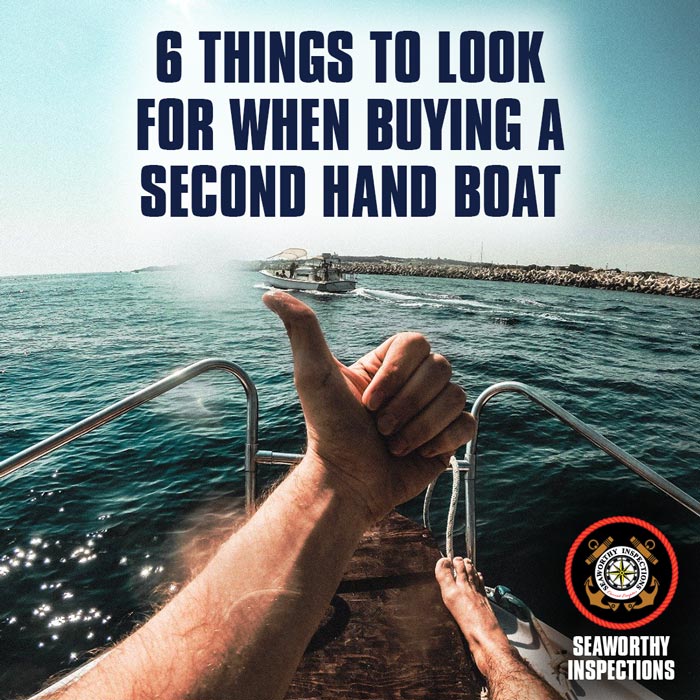
Credit: seaworthyinspections.com.au
Budget And Ongoing Costs
Understanding the initial purchase price and options for financing is crucial before buying a boat. It’s not just the sticker price you’ll need to consider. Loan interest rates and terms can also affect your budget.
The cost of ownership extends beyond the buy. Maintenance such as engine service, hull cleaning, and sail care add up. Storage fees, whether on land or at a marina, are consistent annual costs. Operational expenses include fuel, insurance, and possible marina slip fees. Smart buyers account for these expenses.
| Expense Type | Estimated Cost |
|---|---|
| Maintenance | $300-$2,000/year |
| Storage | $1,000-$5,000/year |
| Operational | $500-$4,000/year |

Credit: www.youtube.com
Frequently Asked Questions Of What To Look For When Buying A Boat
How Do You Know If A Boat Is A Good Buy?
To determine if a boat is a good buy, examine its condition, review maintenance records, and check for a clear title. Conduct a sea trial and hire a professional surveyor for an evaluation. Price comparisons with similar vessels also indicate value.
How Do You Inspect A Boat?
Begin with a visual inspection of the boat’s hull and deck for damage. Check the engine, steering, and electrical systems for proper function. Examine the sails, mast, and rigging if applicable. Review safety equipment and ensure it meets legal requirements.
Finally, assess the boat’s cleanliness and overall maintenance.
Is It A Good Idea To Buy A Used Boat?
Buying a used boat can be a smart choice; it often costs less and depreciates slower. Ensure you conduct a thorough inspection and consider ongoing maintenance costs before purchasing.
What Do I Need To Do Before Buying A Boat?
Before buying a boat, determine your budget and intended use. Research different boat types and mandatory safety equipment. Get a pre-purchase inspection and review any legal requirements. Finally, plan for storage, maintenance, and operating costs.
Conclusion
Embarking on the journey to buy a boat is an exciting venture. Remember to prioritize build quality, size, purpose, and budget during your search. By keeping these critical factors in mind, you’ll navigate towards an investment that promises countless days of aquatic adventure and joy.
Choose wisely and happy boating!
